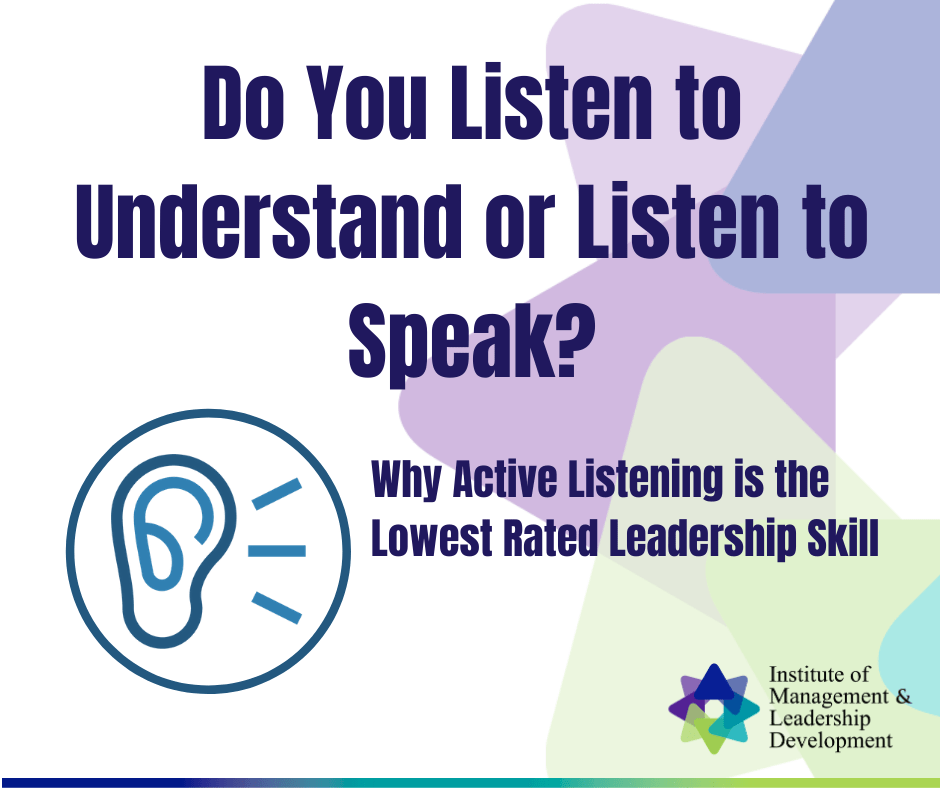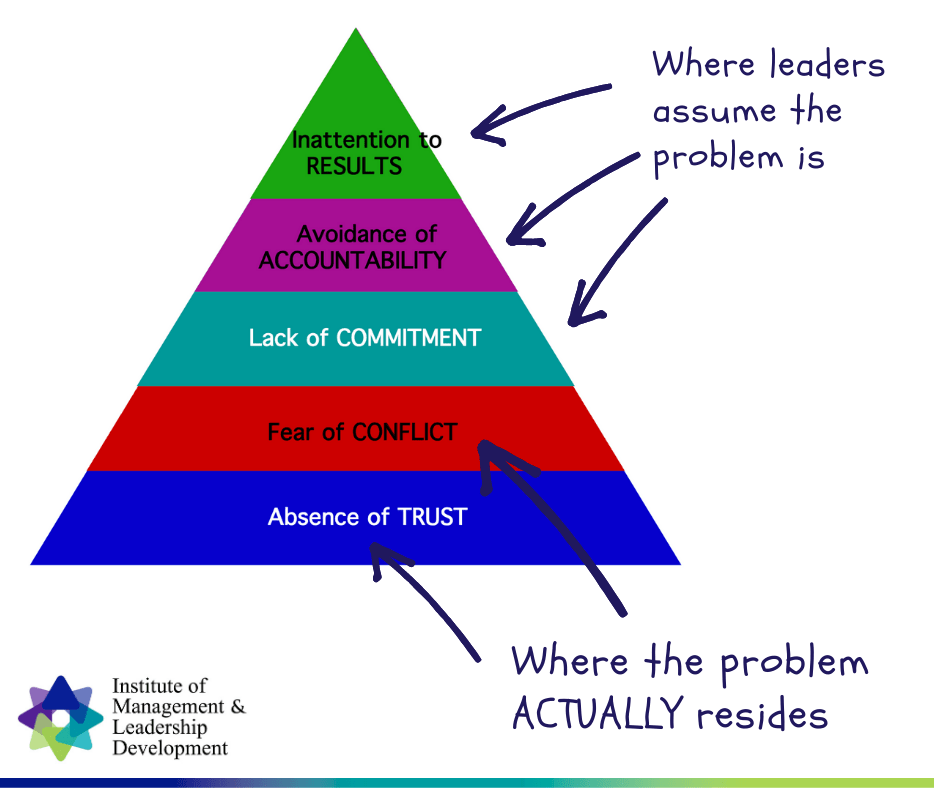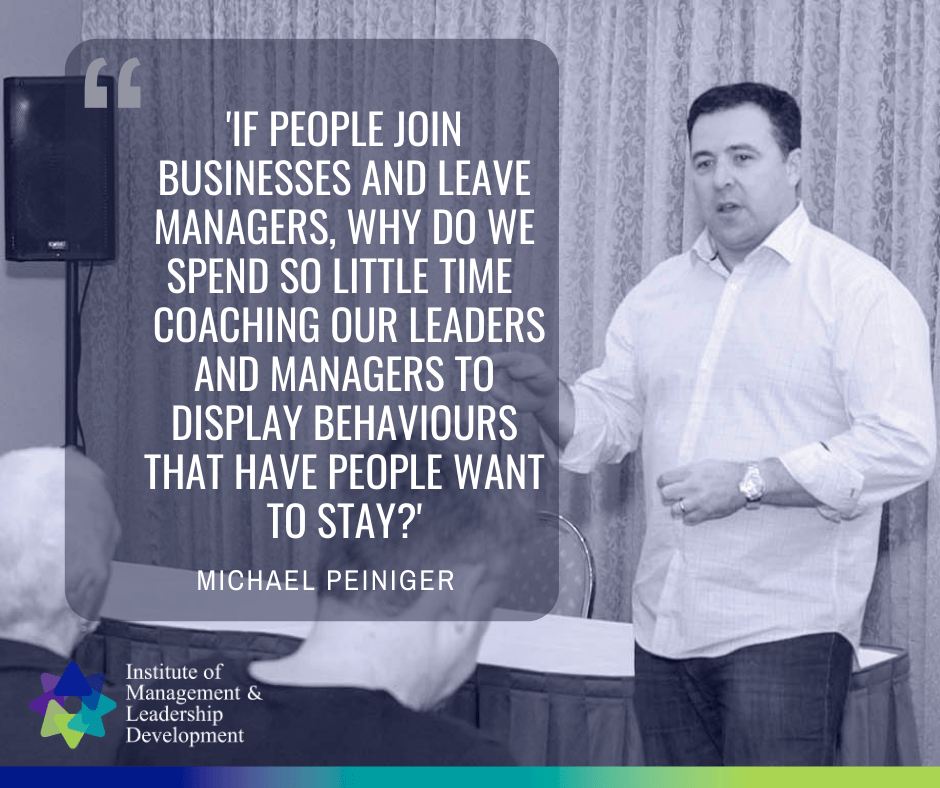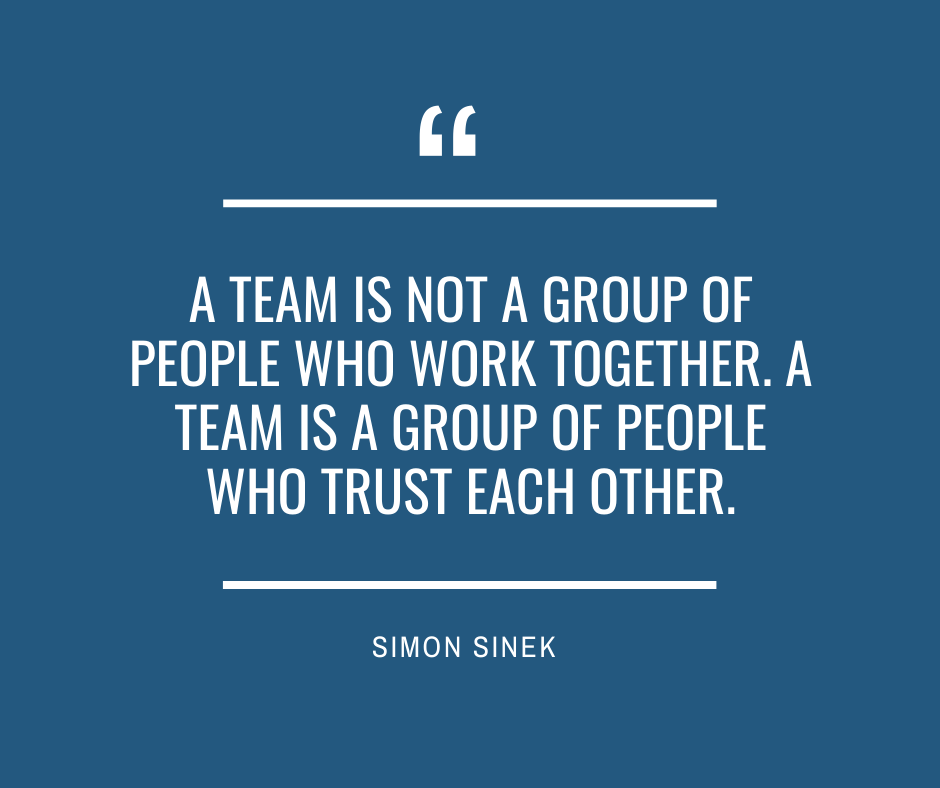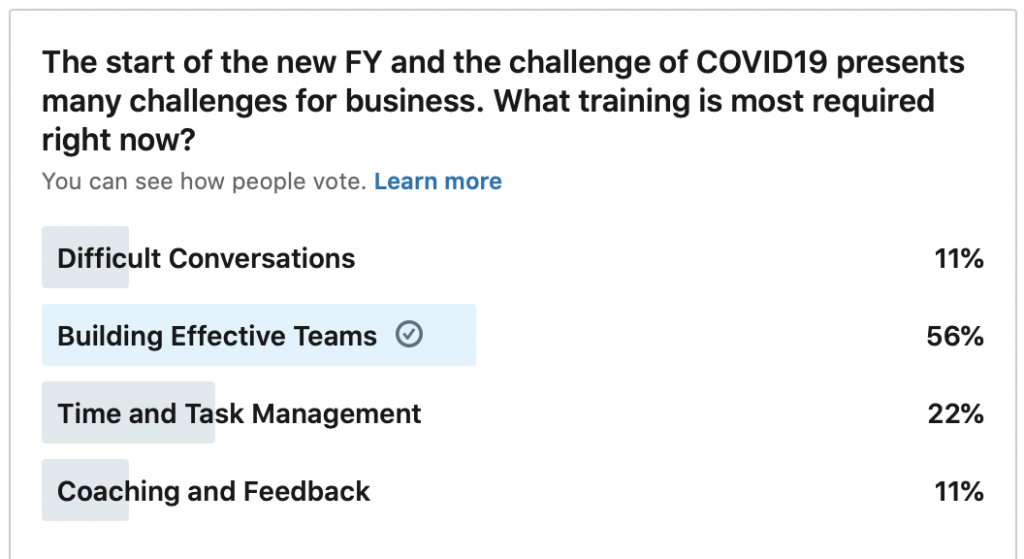A big thank you Billy Sullivan from Grease Monkey Games for the lovely recommendation of your Executive Leadership Coaching experience with Michael Peiniger – it is always a pleasure to work dedicated leaders seeking to take themselves and their teams to new levels!
‘After officially taking on the role of COO in our company with no prior professional experience in such a role, I knew I would need a hand getting up to speed if I was to do the best job I could. I’ve worked with Michael for 3 months now receiving executive coaching in a range of different areas and I can’t recommend him highly enough! He’s an incredibly genuine person with a wealth of experience in the field that has really helped me find my feet in this role. (Not only that, he’s also just a great guy!) Michael has also been instrumental in helping me reclaim my time which I’ve been able to use to make better decisions and return to a much healthier work life balance.’
Bill Sullivan, COO, Grease Monkey Games
#leadership #coaching #leadershipdevelopment #developingleaders #gratitude #executiveleadershipcoaching
#leadershipcoaching #executivecoaching
Executive Leadership Coaching
Focussed, personal, confidential, honest and practical – all words that have been used in testimonials to describe the Institute of Management & Leadership Development’s Executive Leadership Coaching. If this sounds like something that could be useful for you or a member of your team, get in touch with us today for a confidential chat about your needs.
The First Step In Your Leadership Coaching Journey – A Leadership Assessment Tool
Do you know the impact you have on your leader and / or team? Completing a leadership assessment tool to assess your leadership strengths and weaknesses is the first step that Bryony took in her executive leadership coaching journey.
If you are unsure of your impact on your leader / team, perhaps you should complete the Velocity Leadership CheckPoint? 25 behavioural leadership traits, focussed in 5 distinct leadership capabilities – a ‘must know’ for any leader or team looking to drive high performance. If you haven’t completed the CheckPoint, get in touch with us today to arrange an appointment. Read through the comments and feedback from those that have – many say that it has had a profound effect on how they lead and perform within a team.



